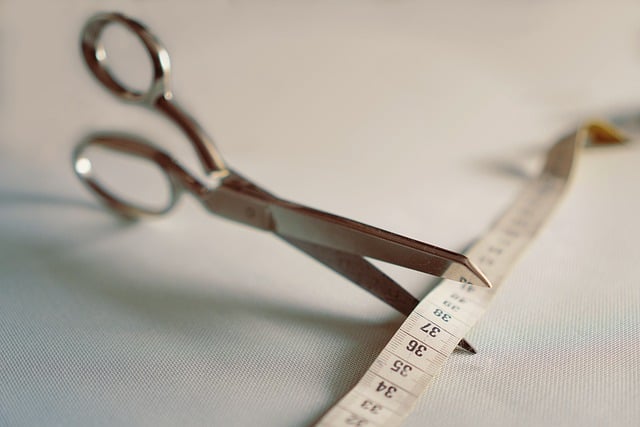Effective Weight Loss Tips to Help You Reach Your Goals
Are you tired of trying fad diets and quick fixes that never seem to work? Losing weight can be challenging, but with the right mindset and a solid game plan, you can achieve your goals and maintain a healthy weight. In this article, we’ll share effective weight loss tips to help you get started.
Set Realistic Goals
Before starting your weight loss journey, it’s essential to set realistic goals. Aim to lose 1-2 pounds per week for a sustainable weight loss. Losing weight too quickly can be unhealthy and may not be maintainable in the long run. Define your goals, whether it’s to lose a certain amount of weight or fit into a specific size. Having a clear vision of what you want to achieve will help you stay motivated.
Keep Track of Your Calorie Intake
Calorie intake plays a significant role in weight loss. Eating more calories than your body burns will lead to weight gain. To lose weight, you need to create a calorie deficit by eating fewer calories or increasing your physical activity. Keep track of your daily calorie intake using a food diary or an app. Aim for a balanced diet with a mix of protein, healthy fats, and complex carbohydrates.
Here are some tips to reduce your calorie intake:
- Eat smaller, frequent meals throughout the day to keep your metabolism boosted
- Choose low-calorie snacks, such as fruits, nuts, and veggies
- Drink plenty of water to stay hydrated and reduce hunger pangs
- Avoid sugary drinks and foods high in added sugars
- Opt for lean protein sources, such as poultry, fish, and plant-based options
Incorporate Physical Activity
Regular physical activity is crucial for weight loss and overall health. Aim for at least 150 minutes of moderate-intensity exercise or 75 minutes of vigorous-intensity exercise per week. You can also incorporate strength training exercises to build muscle mass and boost metabolism.
Here are some fun ways to stay active:
- Take a brisk walk or jog in your neighborhood or local park
- Join a gym or fitness studio to try new workout routines
- Try yoga or Pilates to improve flexibility and balance
- Swim or cycle for a low-impact workout
- Take the stairs instead of the elevator at work or in your home
Get Enough Sleep and Manage Stress
Sleep and stress can greatly impact your weight loss journey. Lack of sleep can increase cortisol levels, leading to weight gain. Similarly, chronic stress can lead to overeating and poor food choices. Aim for 7-9 hours of sleep per night and engage in stress-reducing activities, such as meditation or deep breathing exercises.
Stay Hydrated and Eat More Fiber
Staying hydrated and eating enough fiber can help you feel full and satisfied, making it easier to stick to your weight loss diet. Aim for at least 8 cups (64 ounces) of water per day and include high-fiber foods in your meals, such as fruits, veggies, and whole grains.
Here are some high-fiber foods to try:
- Oatmeal with fruit and nuts
- Salads with mixed greens, veggies, and lean protein
- Legumes, such as lentils, chickpeas, and black beans
- Whole grain bread and pasta
- Avocados and berries
Seek Support and Stay Accountable
Having a support system can make a big difference in your weight loss journey. Share your goals with a friend or family member and ask for their support. Join a weight loss group or online community to stay motivated and accountable. Celebrate your progress and don’t be too hard on yourself when you slip up – simply get back on track and keep moving forward.
Conclusion
Losing weight can be challenging, but with the right mindset and a solid game plan, you can achieve your goals and maintain a healthy weight. Remember to set realistic goals, keep track of your calorie intake, incorporate physical activity, get enough sleep and manage stress, stay hydrated and eat more fiber, and seek support and stay accountable. By following these weight loss tips, you’ll be on your way to a healthier, happier you.



